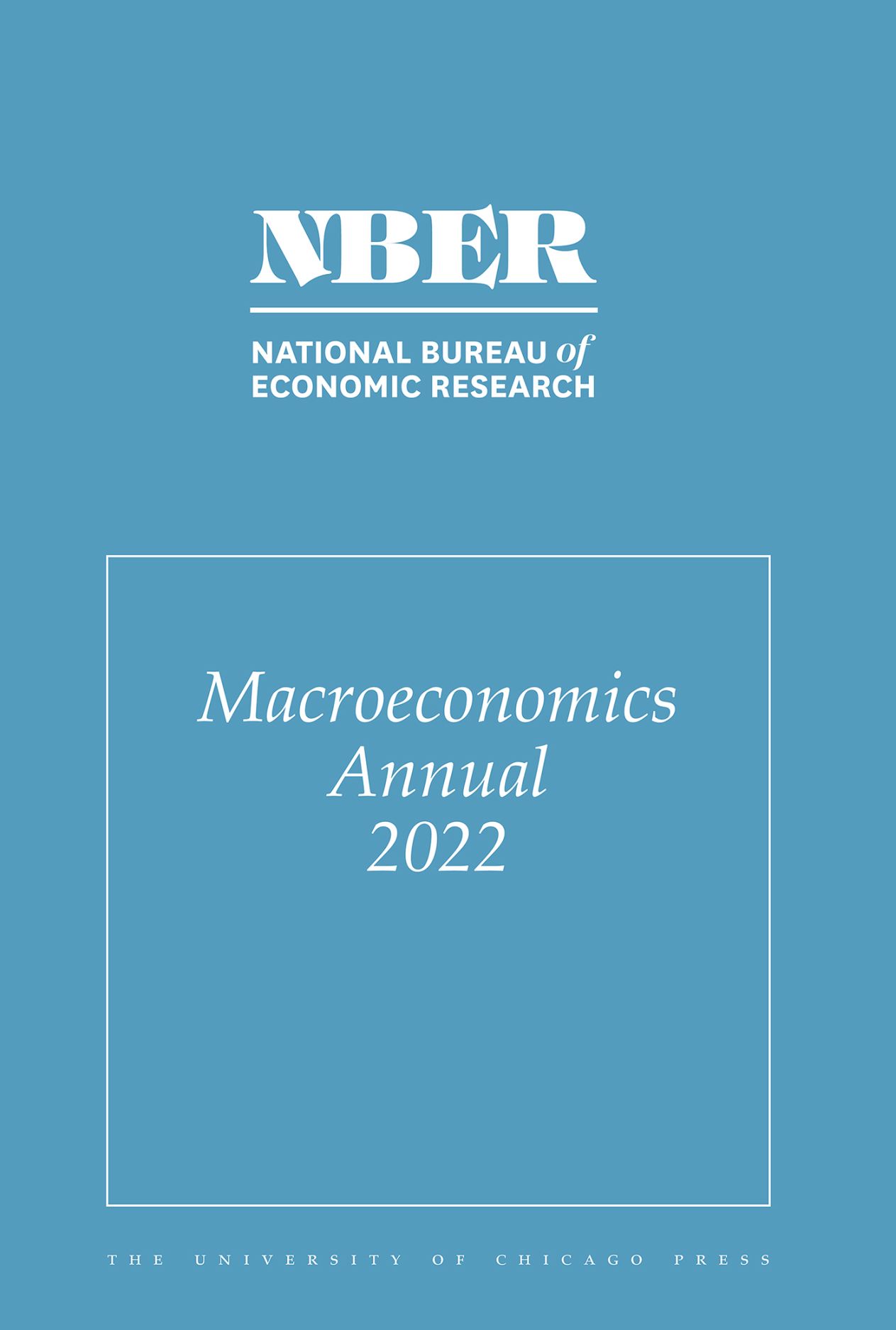Comment
IF 10.7
1区 经济学
Q1 ECONOMICS
引用次数: 0
Abstract
The contribution by Kremer, Willis, and You revisit cross-country convergence patterns over the past 6 decades. They provide evidence that the lack of convergence that applied early in the sample has now been replaced by modest convergence. They also argue this relationship is driven by convergence in various determinants of economic growth across countries and a flattening of the relationship between these determinants and growth. Although the patterns documented by the authors are intriguing, our reanalysis finds that these results are driven by the lack of country fixed effects controlling for unobserved determinants of gross domestic product per capita across countries. We show theoretically and empirically that failure to include country fixed effects will create a bias in convergence coefficients toward zero and this bias can be time varying, even when the underlying country-level parameters are stable. These results are relevant not just for the current paper but also for the convergence literature more generally. Our reanalysis finds no evidence of major changes in patterns of convergence and, more importantly, no flattening of the relationship between institutional variables and economic growth. Focusing on democracy, we show that this variable’s impact continues to be precisely estimated and if anything a little larger than at the beginning of the sample.评论
克雷默、威利斯和你的贡献回顾了过去60年的跨国趋同模式。他们提供的证据表明,在样本早期应用的缺乏收敛性现在已经被适度收敛所取代。他们还认为,这种关系是由各国经济增长的各种决定因素趋同以及这些决定因素与增长之间的关系趋于平缓所驱动的。尽管作者记录的模式很有趣,但我们的重新分析发现,这些结果是由于缺乏控制各国人均国内生产总值未观察到的决定因素的国家固定效应所驱动的。我们从理论上和经验上表明,不包括国家固定效应将导致收敛系数趋于零的偏差,并且这种偏差可能随时间变化,即使在潜在的国家层面参数稳定时也是如此。这些结果不仅与当前的论文有关,而且与更普遍的收敛文献有关。我们的重新分析没有发现趋同模式发生重大变化的证据,更重要的是,制度变量与经济增长之间的关系没有趋于平缓。以民主为重点,我们表明,这个变量的影响继续被精确地估计,如果有的话,比样本开始时更大一点。
本文章由计算机程序翻译,如有差异,请以英文原文为准。
求助全文
约1分钟内获得全文
求助全文
来源期刊

Nber Macroeconomics Annual
ECONOMICS-
CiteScore
5.10
自引率
0.00%
发文量
23
期刊介绍:
The Nber Macroeconomics Annual provides a forum for important debates in contemporary macroeconomics and major developments in the theory of macroeconomic analysis and policy that include leading economists from a variety of fields.
 求助内容:
求助内容: 应助结果提醒方式:
应助结果提醒方式:


